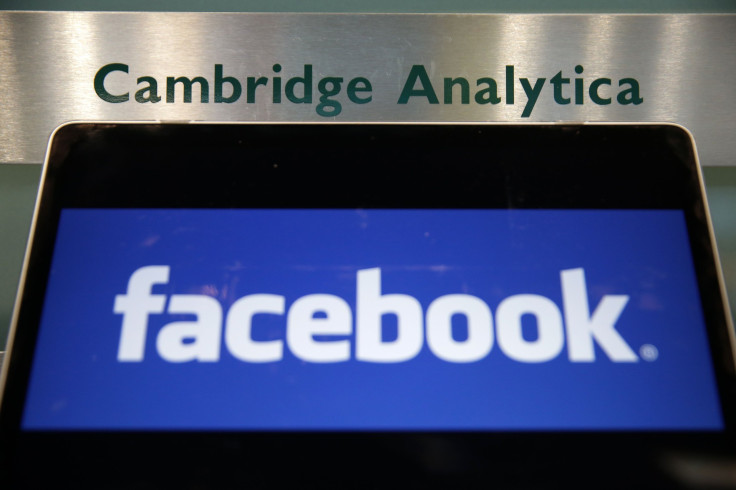Facebook Reportedly Working On Camera-Enabled Device That Connects To TVs

Facebook (FB) recently made a rare foray into the hardware world with Portal, an Alexa-powered smart device that specializes in video calling. The social media giant is not done, as it plans on releasing a device that will have some of the same features as Portal, but with the added benefit of connecting directly to a television, Cheddar reported Tuesday.
The device is reportedly referred to internally as “Ripley.” The idea, per Cheddar’s report, is that Ripley would essentially do a lot of what Portal already does, but from a small device with a camera on it that connects to a TV. That means it will offer video calling and the ability to stream videos from Facebook Watch, with the possibility of more streaming outlets down the line.
Today we're excited to introduce @PortalFacebook to everyone. Come say hi and check out https://t.co/jQuzzc97CK to learn more. pic.twitter.com/PzlTQDi6NI
— Facebook (@facebook) October 8, 2018
Portal comes with a tablet screen attached to it, while Ripley would not. That could make Ripley a more affordable alternative to Portal, given that the latter will start at $199 when it begins shipping in November. Portal Plus, which has a larger screen that can be rotated but is otherwise the same device, will cost $349.
It is not clear if Ripley would incorporate Portal’s A.I.-driven camera movement technology.
Facebook did not immediately respond to a request for comment from International Business Times.
Facebook has avoided the hardware market other than Oculus VR, which began as a separate company before Facebook bought it. Portal gives Facebook something resembling a rival to products like Amazon Echo Show. Ripley, on the other hand, could be Facebook’s answer to Roku, though with a more social feature set.
Given Facebook’s history with data misuse, some potential customers might not want a Facebook-developed camera in their homes at all times. When announcing Portal last month, Facebook promised the device was built with privacy in mind, even including a physical camera cover in every box.
Cheddar’s report also included scoops on far more ambitious hardware ideas floating around within Facebook. One product, codenamed Innatum, would turn sounds into vibrations that human skin could understand. It would be worn as an armband, per Cheddar.
Another project is internally called Edgefield and would apparently let users type out messages using just their brains. It would read the wearer’s brain waves in order to make that happen. Facebook is also reportedly experimenting with an augmented reality projector called Sequoia.
Shares of Facebook gained more than 2.7 percent in early afternoon trading Tuesday.
© Copyright IBTimes 2024. All rights reserved.




















